To All Those Who Seek Abundance and a Fulfilling Life
Learn To Develop an Abundance Mindset
Receive regular tips and updates, starting with this free courses today.
Law of Attraction Guide for Beginners
Did you hear about the Law of Attraction from an excited fan of this magical concept?
Most probably, yes. When the person animatedly described how the Law of Attraction transformed his/her life, you must have thought that it sounds too good to true. Read on to find that it truly is.
A simple analogy to the Law of Attraction is the law of gravity. We have no control over its presence or how it affects us. But we can choose to rein it in to benefit us. Like gravity, the Law of Attraction is just there for everyone to harness. It is up to us whether we want to be skeptical about it, ignore it, fight it or embrace it to derive its benefits and bring positive things into our lives.

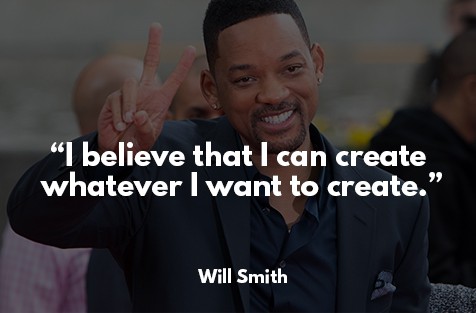
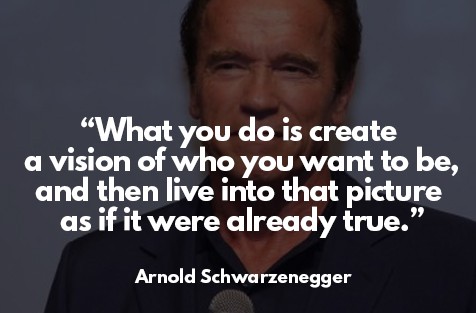
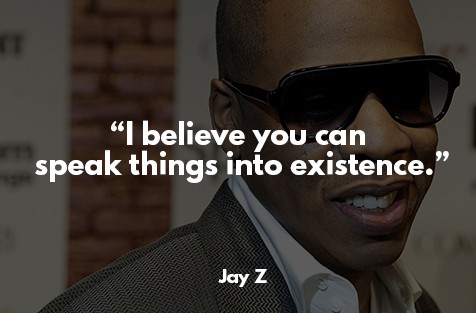
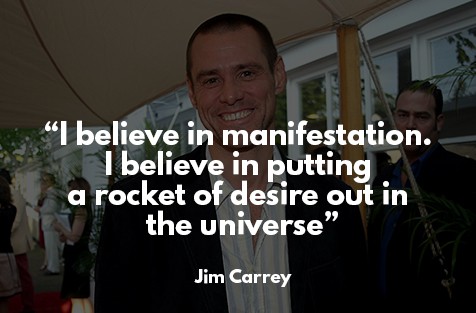
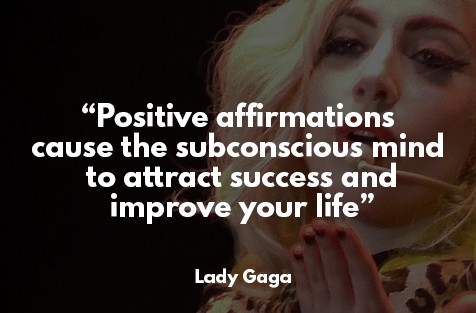
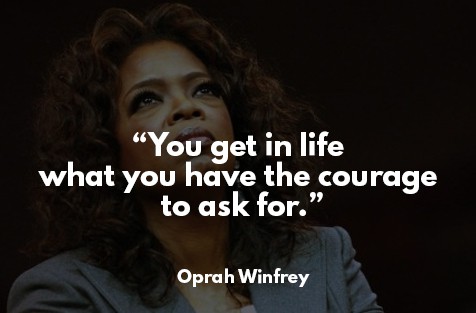
Latest Articles
100 Manifest Love Affirmations That Actually Work
Love is one of the most important things in life, but it can be hard to find and keep. Finding someone you’re compatible with and ...
How to Manifest Someone to Dream About You in 5 steps
Manifesting someone to dream about you is a popular desire, but it can be difficult to make this happen. You feel attracted to this person ...
160 Powerful Business Affirmations for Success
Having a positive outlook has many advantages. Especially when you are managing your own business. The prosperity of your business is entirely dependent on your ...
Scripting Manifestation Methods: The Law of Attraction Made Easy for You
Some find it easy to use their imagination to fill them up with positivity and work towards realizing their dreams, while others have an easy ...
500 Things to be Grateful for Today
Gratitude is good. For the giver as well as for the recipient. Its benefits are immeasurable and countless. Numerous studies have proved its effectiveness in ...
The Benefits Of Using Subliminals For Manifestation
In today’s fast-paced world, many individuals are turning to alternative methods for manifesting their desires and achieving personal growth. One such method is the use ...






